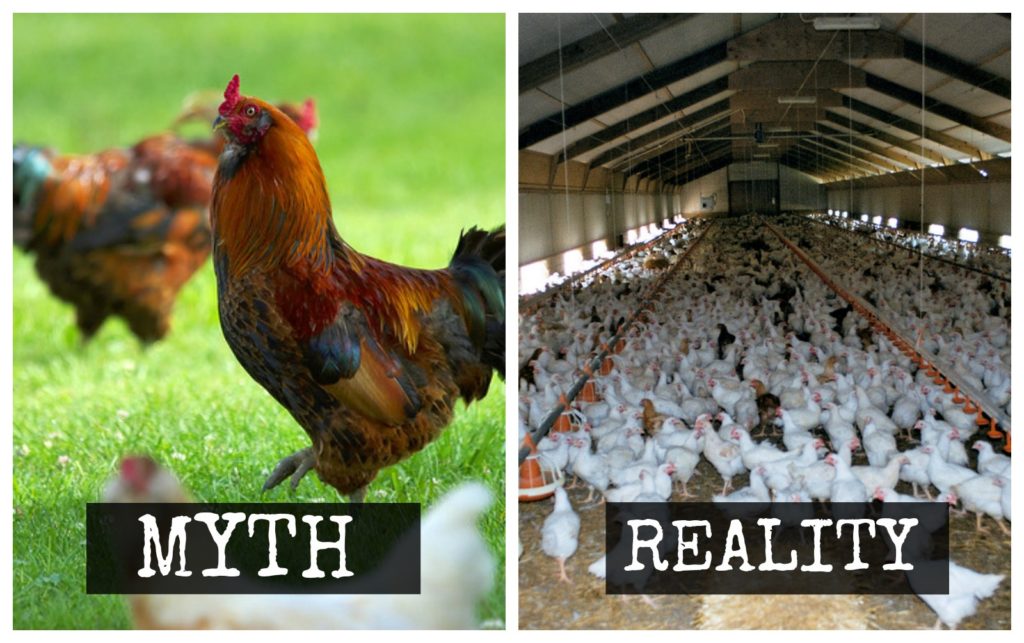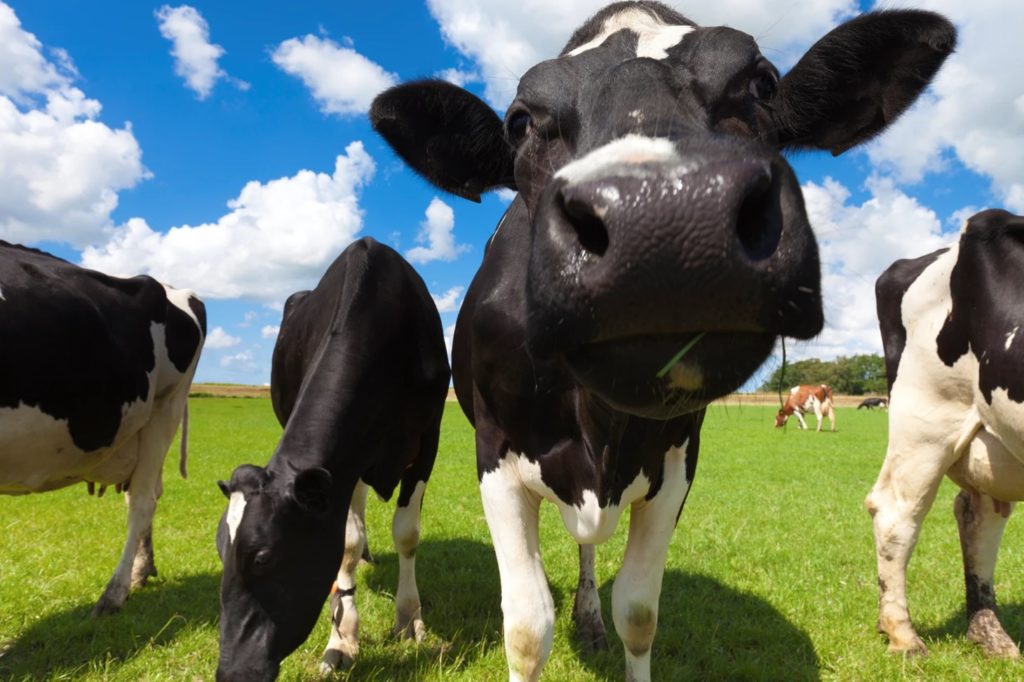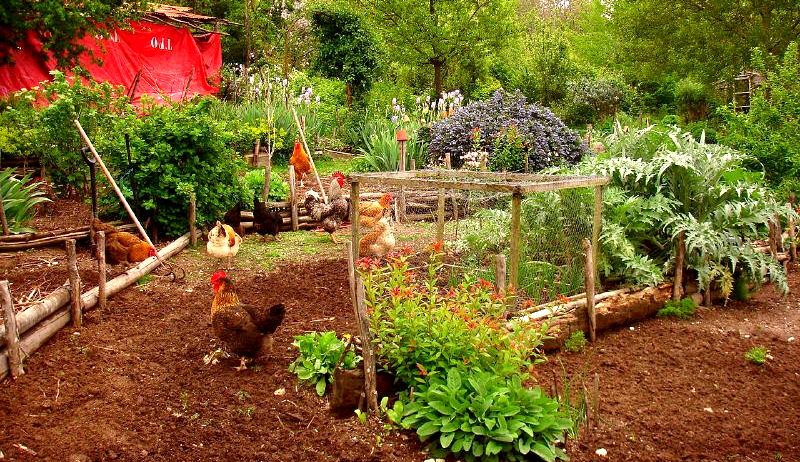Your food choices HAVE POWER!

Seventy billion animals are farmed for food worldwide every year – the vast majority of them reared intensively in systems that seriously impact their welfare.
We’re here to show you how simple it is to make their lives better through the food you eat.
he European Union (EU) recognises farm animals as sentient beings. Despite this, tens of billions of animals endure short, miserable lives in factory farms. where the priority is profit above all else. Around two in every three farm animals are factory farmed (that’s over 50 billion every year!). These intensive systems put production above all else, creating vast quantities of seemingly cheap meat, milk and eggs. Factory farming exploits animals, cramming them together and abusing them in an effort to boost productivity.
To save space, factory-farmed animals are crammed together in barren pens, crates or cages, preventing normal behaviours such as nesting or foraging. This often causes the animals to inflict injuries on each other out of sheer boredom, frustration and stress.
To reduce these injuries, mutilation has become commonplace. Animals have their teeth clipped, tails docked and beaks trimmed – all usually carried out without pain relief.
THE EUROPEAN FOOD SAFETY AUTHORITY REPORTED THAT OVER 90% OF EUROPE’S PIGS ARE TAIL-DOCKED DESPITE IT BEING ILLEGAL TO PERFORM ROUTINELY.
Factory farming systems demand fast-growing or high-yielding animals. They achieve this through selective breeding and the use of concentrated feed. This puts the animals at risk of developing often-painful physiological problems. Lameness, weakened or broken bones, infections and organ failure are common health problems for factory farmed animals. Antibiotics or other growth-promoting treatments are used in some countries to encourage even higher yields*.
Factory farming mistreats animals. By taking action against factory farming, we are not just creating a food and farming revolution; we are also helping to stop an inhumane way of producing food that leads to the cruel mistreatment of billions of animals.
Here is a list to get your started:
MEAT – BUY FREE-RANGE
If you eat meat, the simplest thing you can do to help is to buy free-range chicken and poultry, free-range pork (or make sure it’s outdoor bred & reared) and grass-fed beef and lamb.
Cheap meat usually comes at a price – one paid by the farm animals and often the environment too.
Remember the meat in meals when you eat out. Don’t be afraid to ask staff in restaurants and sandwich bars whether meat is free-range and where it has come from. Also don’t forget the meat in your sandwiches or ready-made dishes – the animals reared for this meat also deserve a good quality of life.

DAIRY – BUY ORGANIC
The modern dairy cow, particularly the Holstein-Friesian, has been selectively bred to produce higher and higher milk yields at the expense of her welfare. She requires strict management and feeding and is more susceptible to production diseases, lameness, mastitis and fertility problems. As a consequence she is increasingly housed permanently indoors, fed large quantities of concentrate feed and is worn out after only 3 lactations or less.
Organic dairy farming ensures cows have access to pasture grazing in the grass growing season and encourages better welfare and better breeding in dairy cattle to reduce problems like lameness, mastitis and poor fertility. Also, look out for milk from more robust breeds including Ayrshire, Shorthorn, British Friesian and Channel Island breeds.
BUY FREE-RANGE AND LOOK OUT FOR OUR GOOD EGG AWARD WINNERS
This is the simplest thing you can do to help the hens that lay your eggs. Free-range hens have access to the outdoors and are not confined in cages. Hens in barn systems are also free from cages, but do not have access to the outdoors.

LOOK OUT FOR THESE LABELS
ORGANIC
Organic standards offer the potential for higher animal welfare, with more space and access to outdoors. They may also include other higher welfare requirements, such as banning mutilations, and will involve the use of lower levels of artificial fertilisers and pesticides.
The Soil Association Organic label has the highest organic welfare standards in the UK.
Other labels to look out for in the UK include the Scottish Organic Producers Association (SOPA), and Organic Farmers & Growers (OF&G).
Please note that EU organic certification may not guarantee animals have access to the outdoors. In particular for some dairy products, such as Parmesan and Grana Padano cheeses.
FREE RANGE
Free range animals have access to the outdoors and lead a more natural life.
In many countries, including the UK and European Union, free range labels for hens’ eggs and poultry meat are underpinned by minimum legal outdoor space requirements.
| Plant-based meals | Many shops offer great vegetarian and vegan food, for everyday meals or special occasions. You can also search online for exciting recipes to try at home! |
| Chicken |
|
| Turkey, Duck and Goose |
|
| Pork, ham, sausages and bacon |
|
| Beef and rosé veal |
|
| Lamb and mutton |
|
| Milk, cream, butter and cheese |
|
| Eggs |
|
| Quail eggs |
|
Find out much more about the topic here (also source of information for this article)
https://www.ciwf.org.uk/your-food/eggs/
Information on this topic for US:
https://www.aspca.org/shopwithyourheart
Some other infor on organic farming in Europe:
https://www.organicseurope.bio/what-we-do/eu-organic-regulation/